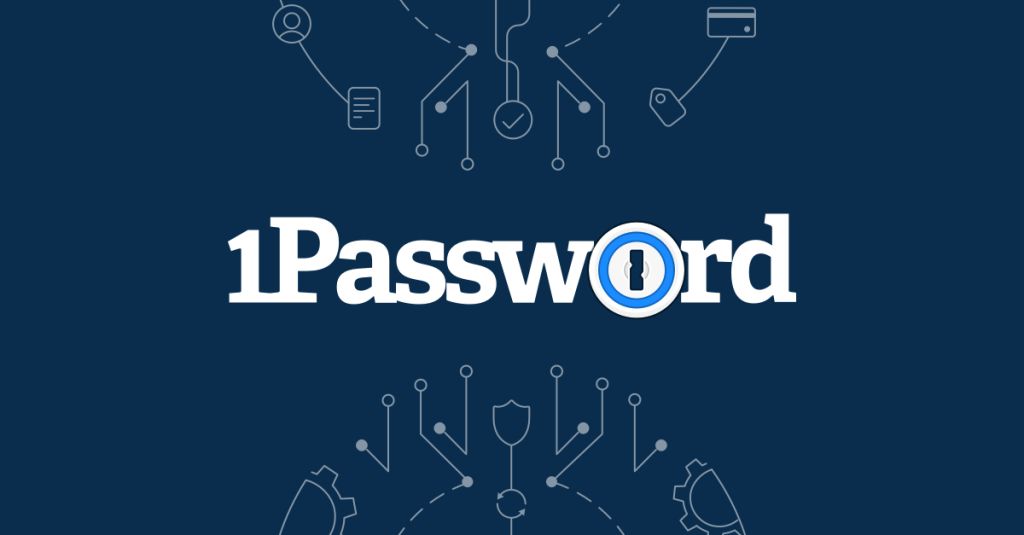Human beings tend to excel in many different areas, and yet we just cannot do anything better than growing on a consistent basis. This inclination towards continuous growth has already fetched us some huge milestones, …
Human beings tend to excel in many different areas, and yet we just cannot do anything better than growing on a consistent basis. This inclination towards continuous growth has already fetched us some huge milestones, with technology appearing as quite a major member of the stated group. The reason why we hold technology in such a high regard is largely predicated upon its skill-set, which realized all the possibilities for us that we couldn’t have imagined otherwise. Nevertheless, if we look beyond the surface for a second, it should become clear how the whole runner was also very much inspired by the way we applied those skills across a real world environment. The latter component, in fact, did a lot to give the creation a spectrum-wide presence and start what was a full-blown tech revolution. Of course, this revolution then went on to scale up the human experience from every conceivable direction, but even after achieving a feat so notable, technology will somehow continue to deliver the right goods. The same has gotten more evident in recent times, and truth be told, a new cybersecurity-related development might just end up propelling that trend to bigger and better heights moving forward.
1Password has officially announced that it will start supporting biometric-based passkey technology at some point during 2023. With this decision, the company joins giants like Apple, Google, and Microsoft, who have already embraced the technology across their operations. But how will the whole integration of passkeys work? Well, under the development, the users will be able to create a 1Password account without a password or a Secret Key. The stated move, in turn, will allow them to sign in on new devices rather seamlessly. Another detail worth a mention here is that you can use your phone to unlock 1Password across a range of avenues, such as browsers, MAC, PC, and more. In case these incentives didn’t sound like enough, the feature even accelerates onboarding for enterprises, with similar speed and convenience also available for independent users.
“Passkeys introduce a new sign-in method that is end-to-end encrypted and safe from phishing and data leaks. This makes passkeys stronger than all common two-factor authentication types. They also work on non-Apple devices,” wrote 1Password in a blog post.
Fair enough, the emergence of passkeys has been largely aided by all the growing security concerns linked to traditional passwords, concerns that are centered on their vulnerability to phishing scams, password theft, and other such possibilities. Granted, we do have relatively more secure alternatives in Face ID and fingerprint scanners, but mind you, biometrics themselves are reliant on traditional passwords to function. Passkeys, which are developed by the FIDO Alliance, solve that problem by letting the user leverage device’s own authentication, such as a laptop with Windows Hello.
In terms of the company’s approach towards the technology’s roll out, 1Password said;
“We know the migration to passwordless won’t happen overnight, so we’re going to make it optional to start when we hit this summer. We have to meet people where they are. However, our goal is to go passkey-only as soon as possible.”




